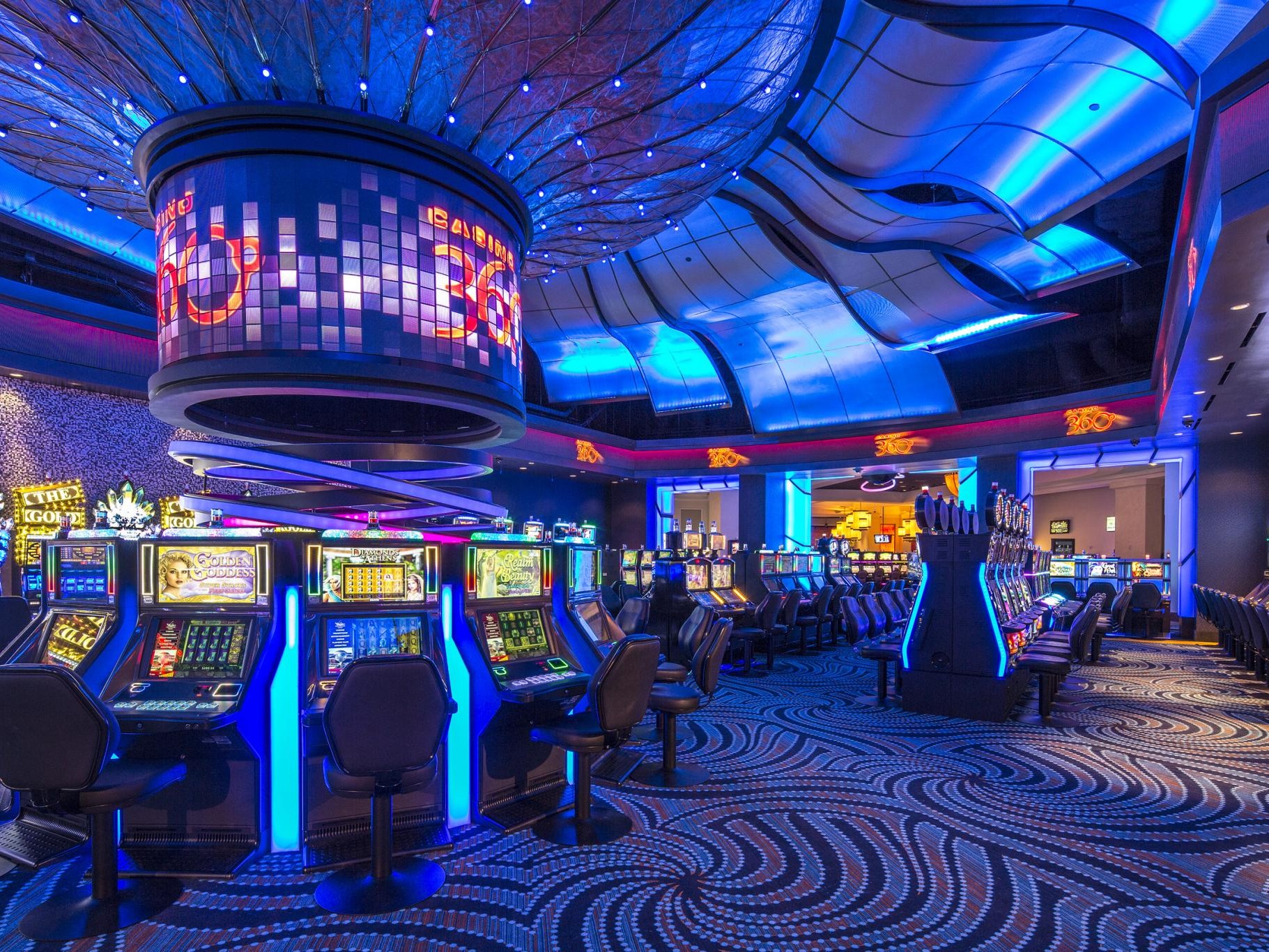
When we think of gambling games, the first images that frequently come to mind are those of spinning roulette wheels, card chips clattering on fabric tables, and dice rolling across a betting surface. Link vào ww88 While numerous view these activities as simple pastimes fueled by luck, a more profound exploration reveals a fascinating blend of strategy, skill, and social engagement that elevates them far beyond basic luck. Regardless of whether you are a experienced player or a curious newcomer, grasping the nuances of these games can greatly enhance your enjoyment and appreciation.
Casino games have developed over centuries, with various cultures contributing to their diverse histories and variations. From the intricate strategies of 21 to the bluffing methods in card games, players engage in a battle of wits as much as a gamble on odds. This dynamic interplay between chance and skill creates a exciting atmosphere that draws countless people to gambling establishments worldwide. As we delve into the world of card activities, we will uncover the strategies that can tilt the odds in your advantage and the community aspects that make these games a popular choice for leisure and interaction.
The Approach Behind Table Games
Casino games frequently involve a blend of skill and chance, which makes them fascinating for players who enjoy a challenge. Every game has their own set of rules and tactics that can affect the outcome. For example, in games like 21, participants are required to use tactics like card counting and understanding the probabilities to make smart decisions. This skill set can greatly improve the winning potential, distinguishing experienced participants from beginners who may rely solely on chance.
In contrast, games such as roulette may seem to be entirely based on chance, but tactical thinking can also play into play. Participants can select between different betting strategies, such as the Martingale strategy, in which they increase the bets after losses. This approach can create a more methodical way to the activity. Understanding the probabilities of specific wagers can also assist players make better decisions on the table, demonstrating that even games of chance, tactics can enhance the enjoyment.
Additionally, poker is notable as a game that strongly emphasizes tactics. In contrast to most gaming games, poker merges skill, mental acuity, and chance. Players must also focus on the cards they are dealt but also consider their rivals’ behavior and wagering patterns. Mastering concepts like table position, the odds of the pot, and reading bluffing is essential for success. This depth of strategy in poker often leads to a more engaging encounter for players, as the choices and skills greatly affect the match’s outcome.
Understanding Probability and Ratios
In the world of casino matches, likelihood and odds hold a crucial role in deciding a player’s potential consequences. Every match has its own set of guidelines that define how the probability of succeeding or failing is measured. For example, in games like 21, participants have a chance to affect their ratios through tactics, whereas in matches like roulette, the results are exclusively dictated by luck. Understanding how these probabilities are measured can significantly impact how a gambler approaches the game.
Ratios are typically expressed in two forms: ratio and numeric. Fractional odds show the proportion of the sum won to the amount bet, whereas numeric odds show the overall return for a successful bet, which includes the stake. For instance, if a game has odds of 5 to 1, this means that for every one unit staked, a player could gain five units if successful. Learning how to understand these odds enables players to evaluate their potential earnings and formulate more wise choices during gameplay.
Players should also be aware of the casino advantage, which is the casino’s built-in advantage over the players. Each match has a different advantage, and understanding this concept is important for managing one’s expectations and bankroll. Games with a lower advantage, such as blackjack and chemin de fer, typically offer better odds for players compared to activities like slots and keno. By acknowledging the relationship between probability, ratios, and the house edge, players can enhance their gambling engagement and plan more efficiently.
The Social Aspect of Casino Table Games
Table games at gaming establishments are often seen as a hub of social interaction, drawing players together in a shared experience that extends far beyond the mere act of gambling. The atmosphere at a blackjack table can be electric, with gamblers engaging not only with the game itself but also with each other. Joy, excitement, and, sometimes, friendly banter create connections that enhance the overall enjoyment of the gaming experience. This communal aspect can turn a solitary endeavor into a dynamic social event, making table games particularly appealing.
One of the intriguing elements of gaming at tables is the way it cultivates friendship among players. Whether it’s teaming up to defeat the dealer at a craps table or sharing stories between hands in a poker game, the environment encourages interaction. Participants often share tips or tactics, creating a sense of togetherness that boosts the fun. This social dynamic can make new players feel welcomed and less daunted by the competitive nature of gaming. As the game progresses, friendships may form, leading to a sense of connection that keeps participants returning to the table.
Moreover, the social aspect of table gaming extends beyond just the participants. Dealers play a crucial role in facilitating interaction and maintaining the flow of the game. Their ability to engage players with friendly conversation and their expertise in managing the table can create an welcoming atmosphere. This connection between participants and dealers adds another layer of enjoyment, where gamblers feel connected not only to each other but also to the staff. Such interactions are often what make the experience unforgettable, as players leave with stories to tell and relationships made, reinforcing the notion that gaming at tables are truly about more than just chance.